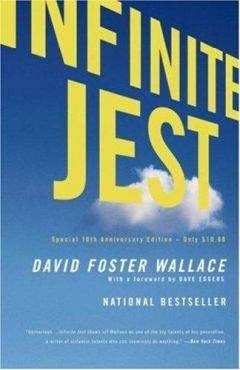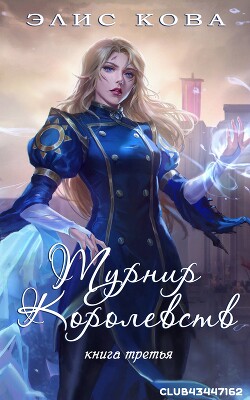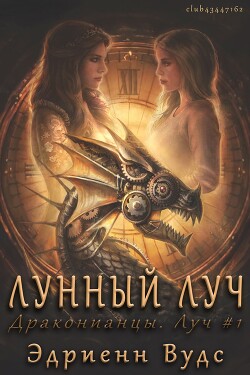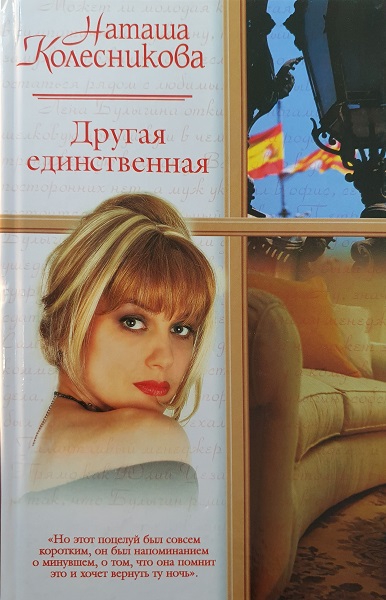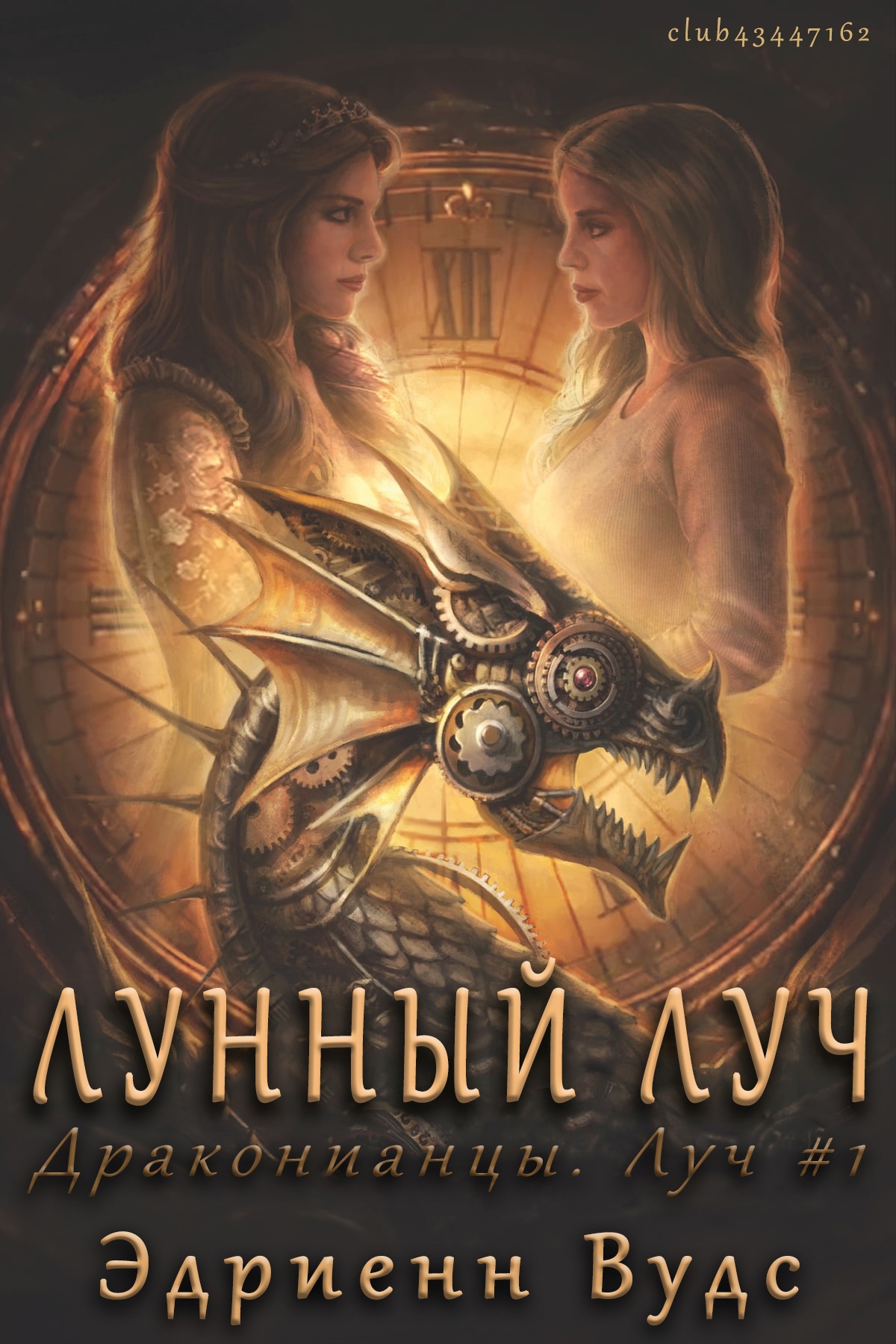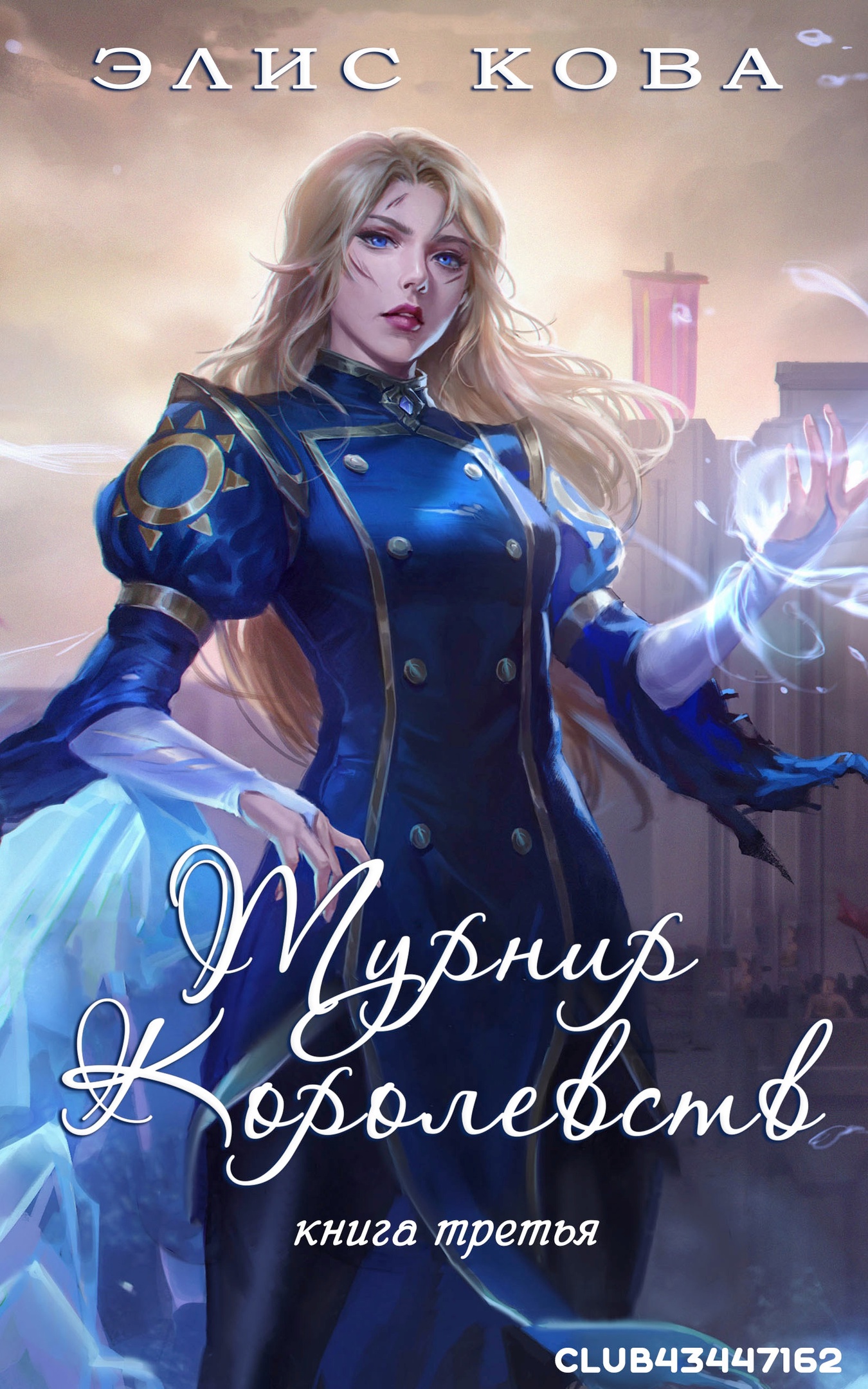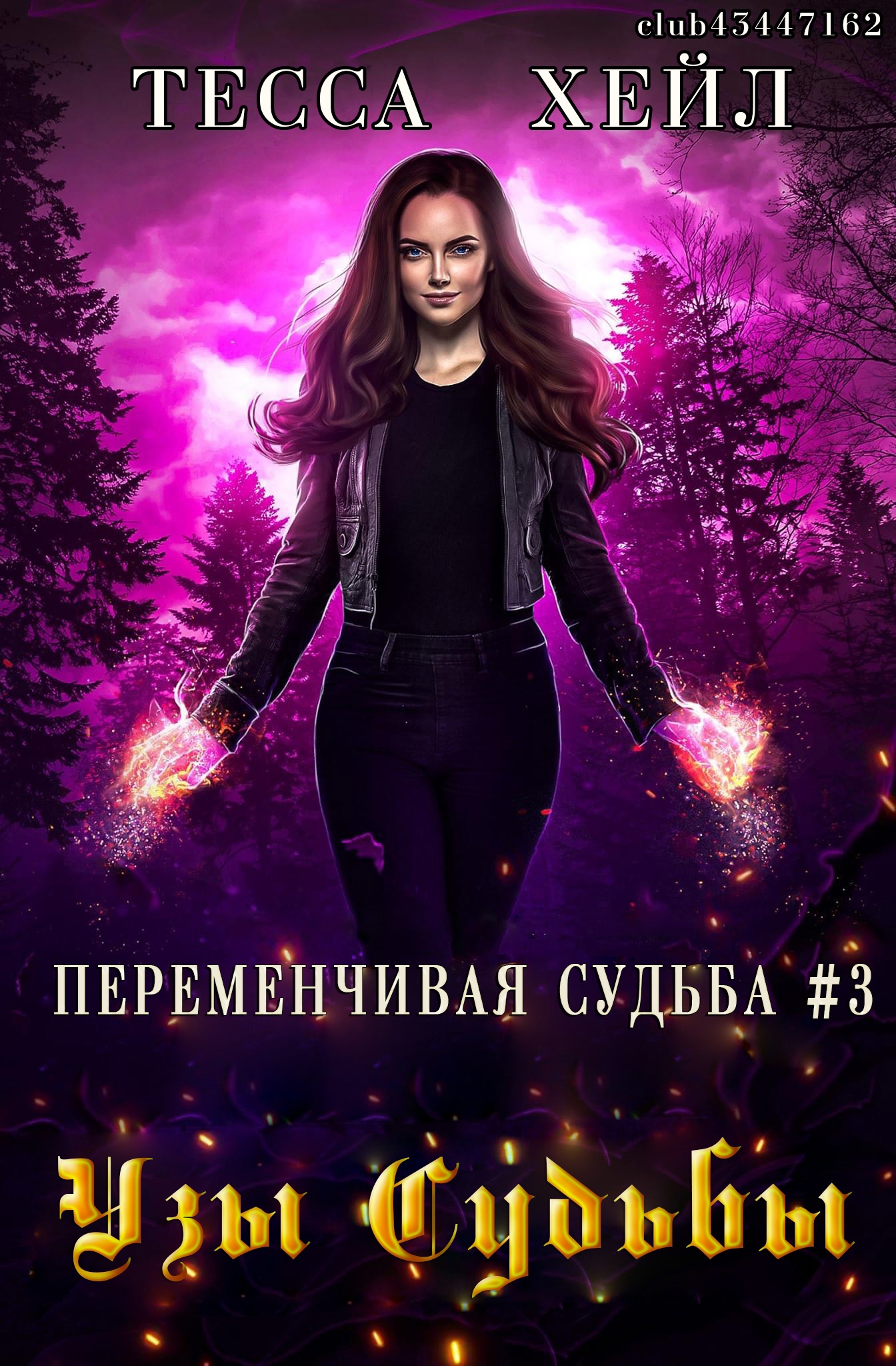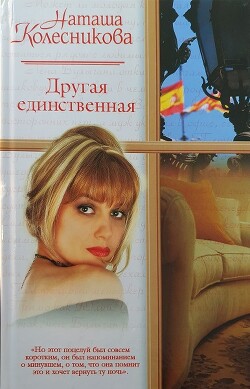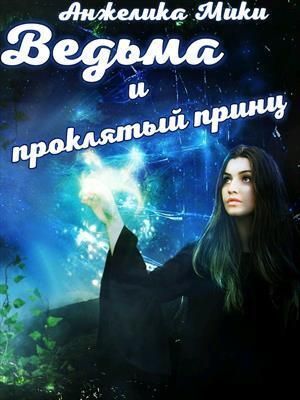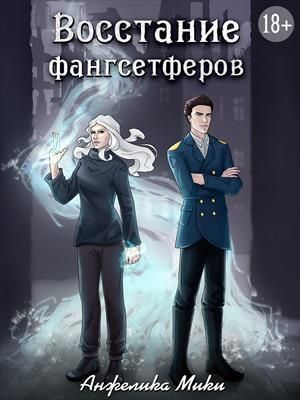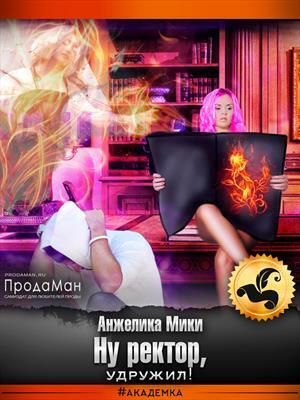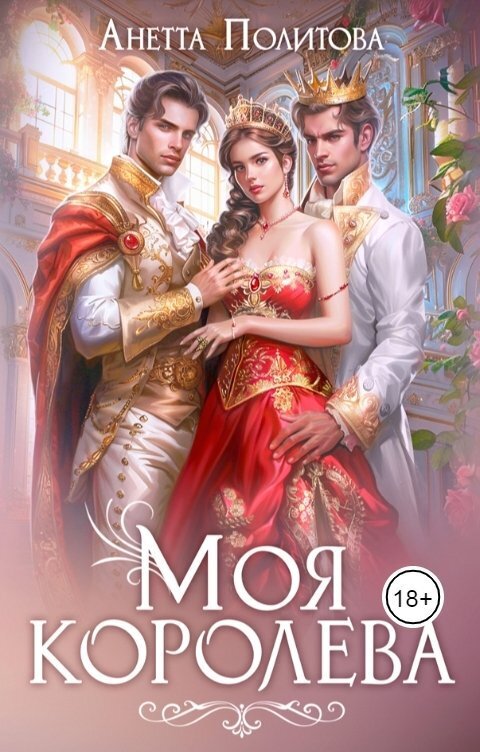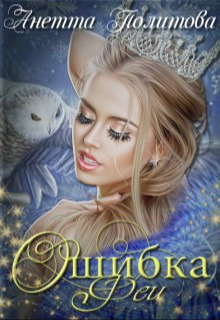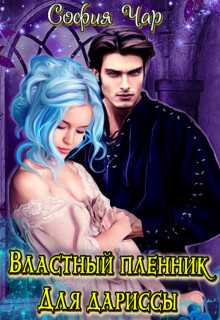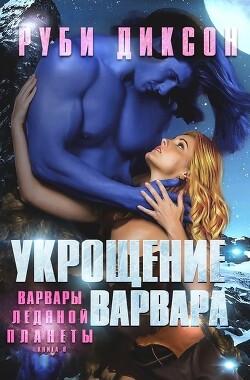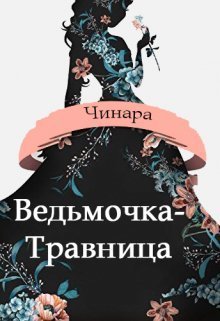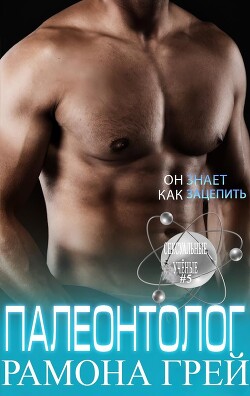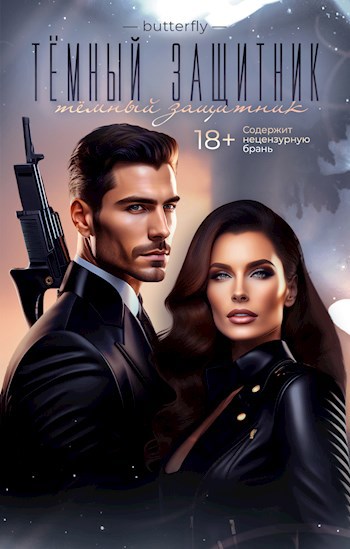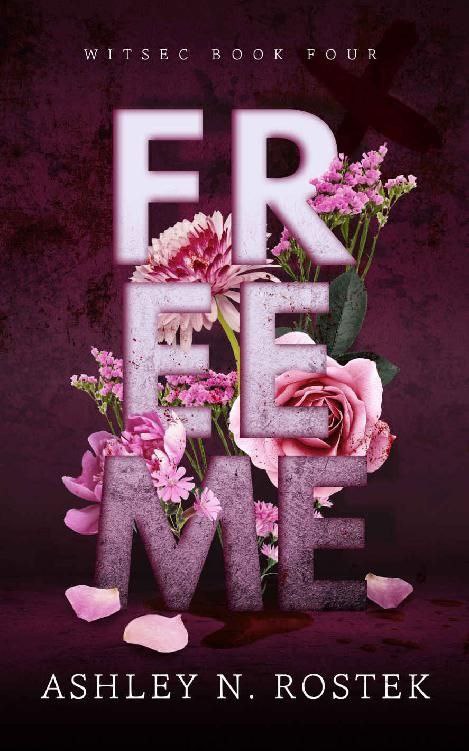Mons Kallentoft - Autumn Killing
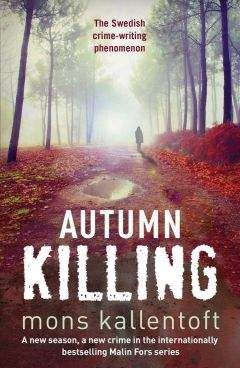
Помощь проекту
Autumn Killing читать книгу онлайн
But there was no sign of Jerry Petersson.
The steps are steep and dangerously slippery for wet boots. So they proceed carefully to the second floor, calling Petersson’s name, but their voices just rebound off the bare stone. Above them, in the twenty-metre high space above the stairs, hangs a crystal chandelier that must be several centuries old, adorned with over a hundred half-burned candles arranged in several ornate circles. On one wall hangs a mostly blue painting of a man squeezing suncream onto a woman’s back.
Panting, they reach the second floor.
‘He ought to get a lift put in,’ Johansson says.
‘Expensive,’ Lindman replies.
‘He can afford it.’
‘Shouldn’t we start in the cellar?’
‘Sod that. He’s probably got a torture chamber down there. You know, iron maidens and a single chair in the middle of the room.’
‘Bloody hell. I had no idea you had that sort of imagination,’ Lindman says.
They move through the rooms.
‘So he lives on this floor,’ Johansson says.
‘Bloody weird pictures,’ Lindman whispers as they emerge into a room containing several large photographs of a Christ-like figure immersed in a yellow liquid.
‘Do you think that’s piss?’ Johansson asks.
‘How the hell would I know?’
A large sculpture of a pink and purple plastic bear with sabre-teeth decorated with jewels and eyes that look like diamonds shines at them from one corner.
A painting of a Cambodian prisoner seems to want to chase them from the room.
The furniture looks as if it was designed for a spaceship: straight lines, black mixed with white, shapes that Lindman recognises from the interior design magazines he usually looks at when he’s waiting to have his hair cut.
‘Bloody hell, the things people choose to spend their hard-earned money on,’ Johansson says.
‘Petersson? Petersson! We’re here!’
‘Ready for the hunt. Time to shoot some deer!’
They stop, grinning at each other, then there’s a cold silence.
‘Where do you reckon he could be?’ Lindman asks, unbuttoning his green overcoat and wiping the sweat from his brow.
‘No idea. Maybe out on the estate? Doesn’t look like he’s in the castle. He’d have heard us by now.’
‘But his car’s down there. And the doors were unlocked.’
‘Showy damn car, that.’
‘Maybe, but you’d still like one.’
They’re both looking at a free-standing clothes rack holding ironed cotton shirts in all manner of colours.
‘What do you make of him?’ Johansson asks.
‘Petersson?’
‘No, God. Of course I mean Petersson.’
Johansson looks at Lindman. At the bitter wrinkles around his eyes and mouth, at the deep furrows on his brow.
Johansson knows that Lindman lived alone on his farm for many years after his wife left him fifteen years earlier. She’d been to a conference in Stockholm and came home crazy, saying she couldn’t bear living on the farm any more.
Someone must have fucked the sense out of her up in Stockholm.
But now he’d found a new one, a mail-order Russian.
‘What do I think of him?’ Lindman says, stretching the words. ‘Well, he doesn’t seem to want to mess with our arrangements. Then there’s this bullshit about us coming running whenever he calls. What can I say?’
Johansson nods.
‘Did you know him before?’ Lindman goes on.
Johansson shakes his head.
‘They say he grew up in Berga. But I never read anything about his work. I don’t really care about crap like that.’
Ingmar Johansson sees how the giant bear’s eyes sparkle. Could they actually be real diamonds?
‘He was pretty quick to get hold of this damn castle.’
‘Must have been a bitter blow for the count.’
‘Yeah, but it serves him right.’
They stop in another of the rooms.
Looking at each other.
‘Do you hear what I hear?’ Johansson asks.
Lindman nods.
Outside they can hear a dog barking furiously.
Anxiously.
‘He’s upset about something,’ Lindman says. ‘No doubt about that.’
They stand still for a moment before heading for one of the windows.
A low cloud is dissolving into fog as it drifts slowly past the window, leaving small drops of moisture on the glass.
They stand beside each other, waiting for the cloud or the fog to move. Listening to the dog, its anxious bark.
Then they look out over the estate.
The pine forest, the fir trees, the fields. Banks of fog are blocking their view down to the moat.
‘Beautiful,’ Johansson says. ‘Can you see the dog?’
‘No.’
‘Well, you can see why the count loved this land.’
‘I bet he’s not happy in the city.’
Johansson grins and looks away from the view. Down on the raked gravel in the courtyard stand the Range Rover and the car they arrived in.
Then the fog drifts away from the moat. And there’s the dog, its dark shape jerking each time it lifts its head to the sky and barks.
‘That’s a warning bark,’ Lindman says. ‘A deer that’s fallen in the water?’
The water in the moat is black, still. The green lamps along its edge are glowing faintly.
But there’s something that’s not right. There’s something in the water that shouldn’t be there. Not a deer, Lindman thinks.
The dog looks down, then barks desperately again.
There’s something yellow floating in the blackness, a vague, almost pulsating yellow circle in his gradually deteriorating vision.
‘Johansson, what’s that floating down there in the moat? That light-coloured thing? That the dog’s barking at.’
Johansson looks down at the water.
Like a black snake held captive by ancient stone banks. Is that old story about the Russian soldiers true? he wonders.
Some fifty metres away, on the surface of the moat, something pale, yellow, is moving slowly to and fro, a dark outline in the water, the shape, he recognises it instinctively, and wants to look away.
A head.
A body concealed yet still visible in the water.
Blond hair.
A face turned to one side.
A mouth.
He imagines he can see luminous fish, tiny sprats, swimming into the open mouth, a mouth that must long since have stopped gasping for air.
‘Fucking hell.’
‘Oh shit.’
‘Fucking hell,’ Johansson repeats, unclear about what to feel or do next, only knowing that he wants the dog to stop barking. That dog will be barking in his dreams until the end of time.
8
There’s something that’s no longer moving.
Something that’s stopped for ever. Instead whatever it is that’s surrounding me is moving. I don’t have to breathe to live here, just like it was long ago, where everything began and I floated and tumbled inside you, Mum, and everything was warm and dark and happy apart from the loud noises and rough jolts that shook my senses, the little senses I had then.
No warmth here.
But no cold either.
I can hear the dog. Howie. It must be you, I recognise your bark, even if it sounds like you’re so far away.
You sound anxious, almost scared, but what would a dog like you know about fear?
Mum, you taught me all about the fear to be found in pain. Am I closer to you now? It feels like it.
The water ought to be so cold, as cold as the heavy hail that’s been firing from the skies all autumn.
I try to turn around, so my face is looking up, but my body no longer exists, and I try to remember what brought me here, but all I can remember is you, Mum, how I rocked in time with you, just like in the water of this moat.
How long am I going to be here?
There’s a ruthlessness here, and I see myself reflected in that ruthlessness, it’s my face, my sharp, clean features, the nostrils whose flaring can scare people so, no matter who they are.
Pride.
Am I proud?
Is that time past now?
Now that everything’s still.
I can float here for a thousand years, in this cold water, and be master of this land, and that’s just fine.
The deer need to be culled.
The hares need to be eradicated.
People need to leave their warm, secure water.
New days need to be born.
And I shall be part of them all.
Own them all.
I shall lie here and see myself, the boy that I was.
And I shall do so even if I’m scared. I can admit it now; I’m afraid of that boy’s eyes, the way the light opens the world up to him, in jerks, like the desperate bark of an abandoned dog.
9
Linkoping and district, summer 1969
The world comes into being through the eyes, because if you close them there are no images, and the boy is four years old when he learns to recognise his own eyes, pebble-sized deep-sea-blue objects set at perfect distance from each other in an equally perfectly shaped skull. Jerry realises what he can do with those eyes, he can make them flash so that remarkable miracles happen, and, best of all, he can get the nursery-school teachers to give him what he wants.
His reality is still directly experienced. What does he know about the fact that on this very day, tons of agent orange and napalm are being dropped onto tropical forests where people hide in holes deep underground, waiting for the burning jelly to dig through the ground and destroy them?
For him, warm is simply warm, cold is cold, and the black-painted copper pipe attached to an endless, rough, red, wooden surface is so hot that it burns his fingers, albeit not in a dangerous way, but in a way that’s nice and makes him feel both safe and scared; scared because the warmth in him awakens a feeling that everything can end.
A lot happens in this life.
Cars drive. Trains travel. Boats on the Stangan River blow their whistles.
He lies on the grass in the garden of his grandmother’s cottage, feeling the dense smell of chlorophyll possess him, seeing how the grass colours his knees and body green. In the evenings, when the midges attack, Daddy puts a bright yellow plastic bathtub on the grass and the water is warm on his skin and the air around him is cold, and then he runs alongside the howling grass-scented monster that gives off a sharp smell and Daddy sweats as he pushes it across the grass. The blades sniff out the boy’s feet, spraying grass cuttings from its broad maw; this isn’t a game and Daddy sees the look in his eyes but doesn’t let that put him off. Daddy turns the monster, chasing the boy through the garden, crying: ‘Now I’m going to cut your feet off, now I’m going to cut your feet off’, and the boy runs down to the edge of the forest, feels like running until the lawnmower can no longer be heard.
But inside, in the kitchen with Mummy and Grandma, his eyes work and he realises it’s best to eat buns when they’re fresh, before the mould creeping up from the floor has a chance to make them taste spoiled.
Daddy comes home to the cottage after work.
With bags that clink. And then Mummy wants to sit still. She feels better after Daddy comes with the bags, Grandma too, and they are happy, but not properly happy.
The sun disappears and the heat in the black-painted copper is exchanged for a metallic smell in the chilly stairwell and multicoloured glass marbles rolling in the sand of a sandpit, and then down into a hole, and someone’s in the way, another boy.
Go away. You’re not supposed to be there. And Jerry’s hand flies up, strikes where he means it to, across the nose, and then the blood comes and the boy screams, the boy he’s hit screams out loud and he himself screams: ‘Plaster!’, not: ‘He hit me first.’ He regards himself as too good for a lie like that.
In the world of direct experience there is a dead cat in a rubbish bin by the swings in the park. He once gave that cat some cream.
There are feelings floating in the two rooms of the flat, there are questions directed at him. ‘Do you know that we live in Berga?’ ‘That Daddy works for Saab, putting together planes that can fly through the air faster than words?’ And he recognises the laughter, it lacks warmth, and they sit on the orange and brown patterned sofa, the one they make into his bed each night, and they pour out drinks from the bottles they always have in a bag. Then they talk louder, the air turns sweet and unpleasant, and they look at black-and-white people on a screen, and Mummy can get up in a way that she can’t otherwise, she can fly up from the sofa and they dance, she only does that when they’ve been drinking and he likes watching Mummy dance. But then Daddy starts chasing him, he’s the lawnmower trying to catch him and hit him on his arms and legs, and the boy is four years old, and creeps out of an unlocked front door, into the world outside that is full of life waiting to be conquered; a cat to be buried, a swing to be swung up to the sky, car and trains to be driven, people shouldn’t lie in vomit and pain, shouldn’t chase him anywhere.
So he screams.
He breaks things.
He draws on the walls with crayons.
He gets hold of matches and sets fire to the world, watches his wooden boat burn in the sand, and feelings that he doesn’t know the name of, feelings that might not even have any names, drift through the flames, and the smouldering hull rests on a desolate patch of sand enclosed by a wooden frame.
Daddy’s despair. How the boy’s little body flies into the radiator beneath the living-room window when drunk Daddy stumbles over him. Mummy’s tired blinking eyes.
Pain, which as yet is always new.
Nothing is fixed.
Nothing has set into its final form.
Perhaps that is why nothing is possible.
The boy lies in his bed at night. He is awake. In the August evening there is a hint of the first chill of autumn.
He already knows there is another world, but he doesn’t think about it, he is busy living in the world of directly experienced reality.
There is no reflection as he daydreams in the darkness about killing his father. Killing him with rays that shoot from his blue pebble-eyes. He will make the lawnmower shut up.
Its blades will no longer snap at his heels.
10
The eye, as black as the water, seems to wink at Malin Fors as the head bobs in the gentle, scarcely perceptible waves.
The yellow raincoat is almost luminous in the water.
